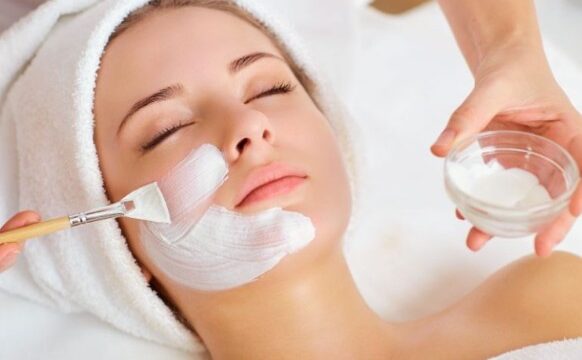Achieving radiant, glowing skin doesn’t have to involve expensive treatments or harsh chemicals. Natural skincare methods can often be more effective and gentle on your skin. If you’re looking to enhance your skin’s health and radiance without relying on synthetic products, here are five essential tips to help you get there.
1. Hydrate from the Inside Out
Water is one of the most important elements for maintaining healthy skin. It helps to flush toxins from the body, maintain skin elasticity, and promote a smooth, glowing complexion. Drinking at least 8 glasses of water a day is a great starting point, but you can also add hydrating foods like cucumbers, oranges, and watermelon to your diet. Herbal teas, such as chamomile or green tea, can also help hydrate your skin and provide additional antioxidant benefits.
2. Nourish Your Skin with a Balanced Diet
What you eat plays a crucial role in the health of your skin. A diet rich in antioxidants, vitamins, and minerals can help keep your skin looking youthful and radiant. Foods like berries, leafy greens, nuts, seeds, and fatty fish like salmon are packed with nutrients that can fight free radicals, reduce inflammation, and promote collagen production. Additionally, try to limit sugar and processed foods, which can trigger inflammation and breakouts.
3. Establish a Simple, Gentle Skincare Routine
Sometimes, less is more when it comes to skincare. A simple routine that includes cleansing, moisturizing, and sun protection can go a long way. Use a gentle, sulfate-free cleanser to avoid stripping your skin of its natural oils. Follow up with a nourishing moisturizer to lock in hydration. Don’t forget sunscreen—UV rays are one of the biggest contributors to skin aging and damage. Choose a broad-spectrum SPF 30 or higher, and reapply every two hours if you’re outside.
4. Get Plenty of Sleep
Sleep is your body’s natural rejuvenation process, and it’s essential for glowing skin. During sleep, your skin repairs itself, producing new cells and repairing any damage from the day. Aim for 7-9 hours of quality sleep each night to give your skin the time it needs to regenerate. Lack of sleep can lead to stress and the production of cortisol, a hormone that can contribute to skin issues like acne and eczema.
5. Practice Stress Management
Stress is a major contributor to skin problems, as it can trigger acne breakouts, inflammation, and even premature aging. Incorporating stress-relief practices into your routine, such as meditation, yoga, deep breathing exercises, or even taking walks outdoors, can help keep your mind and body calm. When you manage stress effectively, your skin will reflect that calmness with a clearer, more radiant complexion.





